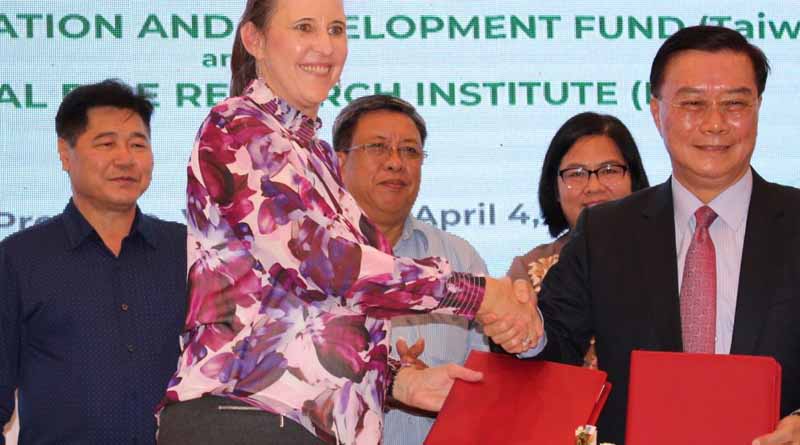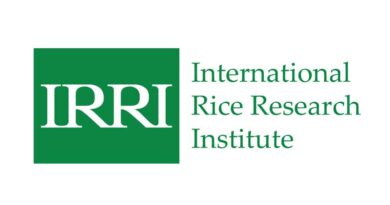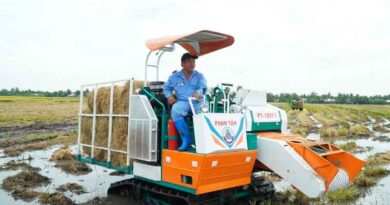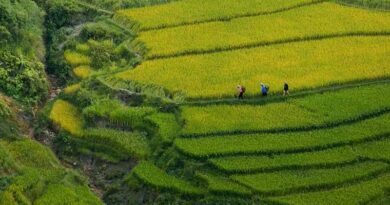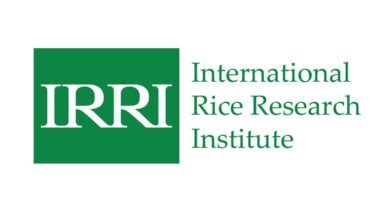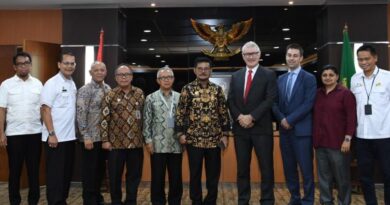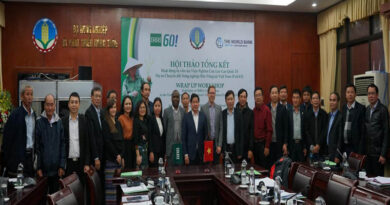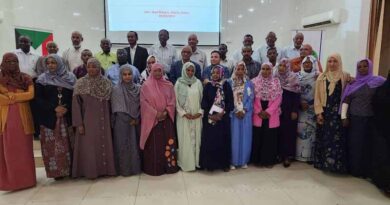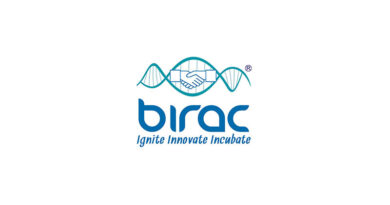IRRI and Taiwan ICDF tackle the climate and food crises by fostering rice straw circular economies in SEA
13 April 2024, Vietnam: The International Rice Research Institute (IRRI) and the International Cooperation and Development Fund (TaiwanICDF) signed a cooperation agreement to implement the Capacity Building for Sustainable and Low-Carbon Rice Innovations in Southeast Asia (Cabin) project. This initiative aims to bridge knowledge gaps in sustainable and low-carbon rice production, focusing on sustainable rice straw innovations to enhance productivity and income while reducing environmental impact from 2024 to 2028.
Intensification of rice cropping systems has caused larger volumes of rice straw to be produced in fields. Farmers often burn rice straw since they consider it the easiest way to manage these by-products which they perceive as wastes. Burning rice straw causes damage to the soil, leading to loss of nutrients and increased greenhouse gas production, resulting in an overall degradation of air quality.
The Cabin project aims to support sustainable agriculture and foster circular economy transformation in five key countries: Vietnam, the Philippines, Indonesia, Cambodia, and Laos by uplifting capacities and promoting sustainable and low-carbon rice straw management. Circular economies allow farmers to earn more while lowering their carbon footprints. For example, instead of burning rice straw, it can be used as mulch for mushroom production which can then be turned into compost that can be fed back into the field to improve soil fertility.
According to IRRI Scientist Dr. Nguyen Van Hung, Cabin’s Project Leader, the five countries have a high demand for capacity building in sustainable and low-carbon rice production. Vietnam, renowned for its significant rice production and export numbers with roughly 45 million tonnes of rice annually, sets the stage for IRRI’s exemplary advancements in rice straw innovations. Meanwhile, countries like Indonesia, Cambodia, the Philippines, and Laos also contribute substantially to the annual global rice output– generating 56, 44, 26, and 1.7 million tonnes of rice respectively.
Dr. Hung added that the project is structured around three distinct work packages (WP), including needs assessment and strategy development, creating training materials tailored to sustainable rice straw management, and orchestrating Training of Trainers (ToTs) sessions on sustainable rice straw practices.
The agreement was signed by Dr. Joanna K. Potaka, Deputy General Director of IRRI, and Ambassador Dr. Charles C. Li, Secretary General of TaiwanICDF. The agreement was signed during the Launching Workshop of the Technical Guidelines and Manual for High-Quality and Low-Emission Rice Production in the Mekong Delta in An Giang, Vietnam.
Also Read: The Dominance of Lok-1: Madhya Pradesh’s Leading Wheat Variety
(For Latest Agriculture News & Updates, follow Krishak Jagat on Google News)

